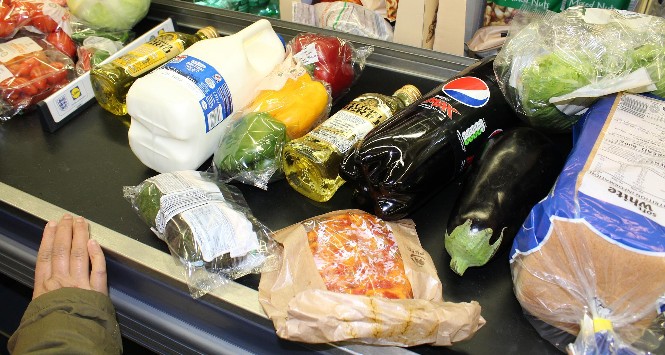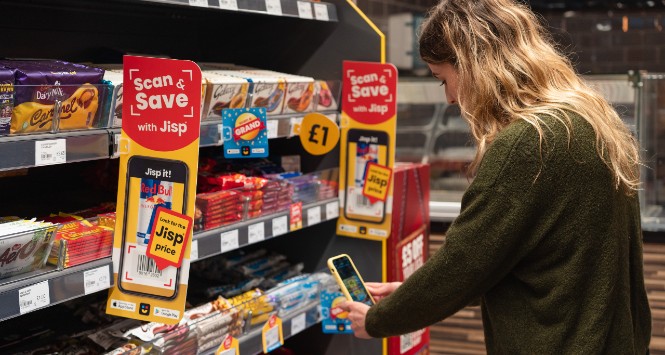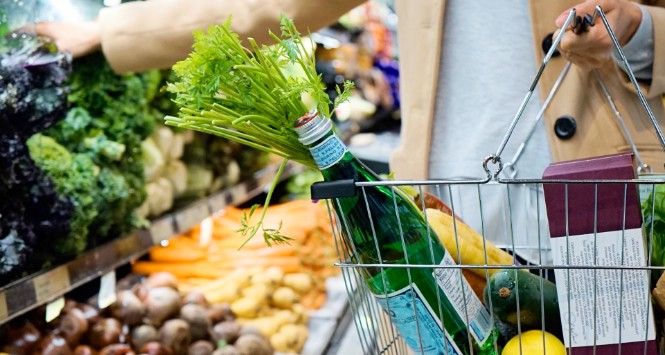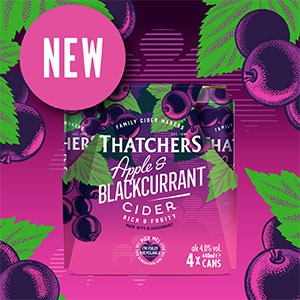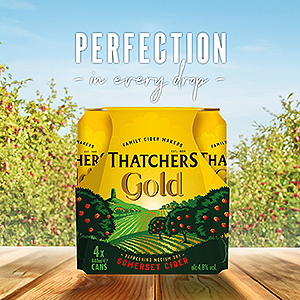Total till sales increased by 4.7% in the past four weeks, although volume sales fell by 6%, according to new data from NielsenIQ.
The figures indicate that British shoppers are spending more at supermarkets because of inflation but are buying less.
In the past four weeks, most categories saw value growth increase due to inflation, but volume growth slowed. In terms of value growth, this was the highest in pet (+12.9%), dairy (+11.8%), crisps and snacks (+11.3%), and bakery (+11.2%) categories. Sales for fresh produce fell -3.2% and beer, wines and spirits down 4.4%.
Volume growths were weakest in household (-9.4%), fresh produce (-8.3%), and meat, fish and poultry (-8%) as well as general merchandise (-7.1%).
NielsenIQ’s survey of shoppers in August shows British shoppers are focusing on four main coping strategies to manage rising inflation. This includes monitoring the cost of their overall shopping basket (26%), opting for private label products (27%), shopping more at the discounters (23%), and opting to stop buying certain products (23%).
The data shows some of these trends are already in motion. Over the past 12 weeks private label has performed better than brands and now accounts for 53% of FMCG spend, up from 52% a year ago. Value sales of private label grew at 6% compared to brands at 2.4%, with private label performing better in bakery with volume sales up 1.9%, household up 0.5%, and dry grocery 0%.
In addition, the trend of consumers returning to shop in-store continues with store visits up +6.5% compared with a year ago, and online visits down -9.3% with one in four households now shopping online, down slightly from last year. Therefore, the online share of FMCG sales has now fallen to 10.9%, down from 11.1% last month.
Mike Watkins, NielsenIQ’s UK Head of Retailer and Business Insight, said: “In recent weeks there has been a small shift away from fresh to frozen, slightly less spend on fruit and vegetables and fresh meat, fish and poultry and slightly more spend on impulse confectionery and soft drinks, with the latter helped by warm weather at the end of summer.
“The start of the 2022 FIFA Football World Cup should boost some categories, such as drinks and snacks, and there may be more meal occasions at home as friends and family get together to watch the sport at home. But as we edge closer to December the challenging external economic factors that impact household budgets such as concerns on mortgages and rising energy costs become greater.”
Watkins added: “It’s still very uncertain how big the all important Christmas weeks will be based on current trends and the added pressure on shoppers who may look to opt for cheaper alternatives. But what we do know is that shoppers will be monitoring their weekly grocery spend even more closely. Some households may wish to bring forward some seasonal spending to help with budgeting, such as seasonal biscuits, chocolates and affordable gifts to spread the cost of Christmas.”


